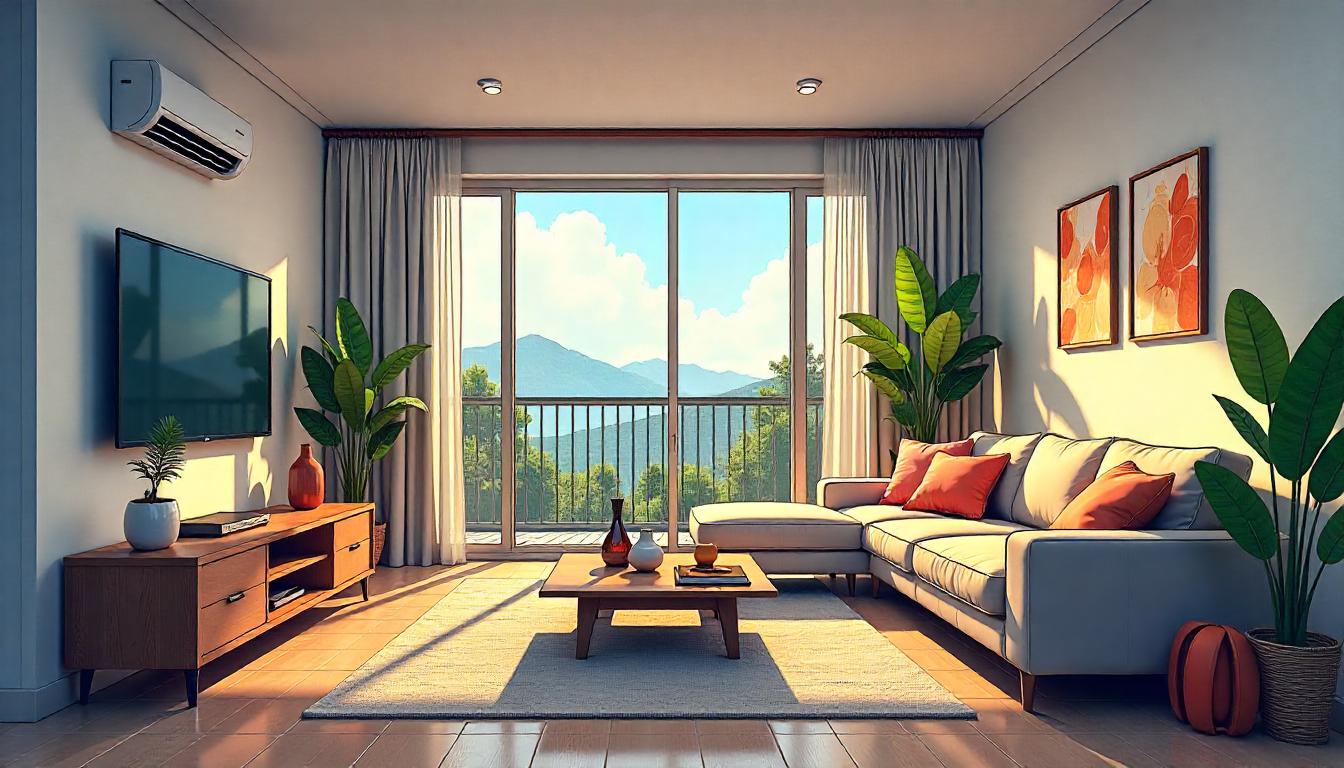
According to the World Health Organisation statistics, 91% of the world’s population live in places where they are exposed to air that falls below the WHO health guidelines. Air pollution is the primary cause of this, with many cities using non-eco-friendly processes in running their daily activities. These emissions of carbon dioxide, dirt, and other air pollutants circulate and are inhaled by inhabitants of the area. The situation worsens in low-income to middle-income settlements where people and companies have a high disregard for the air pollution discussion.
Research shows that a typical human being spends 90% of his time indoors; at home, at work, restaurants, bars, etc. Luckily, you can have cleaner air inside your home by installing technological air venting systems that sieve the air to minimize the effect of pollutants that may cause you harm. You and your family can enjoy much cleaner and safer air in your home as a result.
Benefits of Having Good Indoor Air Quality
Having quality air in your premises is paramount for good health. The US Environmental Protection Agency documents some 25 million people in the US suffer from air pollution caused by diseases like asthma. According to folks at www.pureairways.com, having clean air systems in a building can reduce this figure significantly by dwarfing the effects brought by indoor air pollution. Listed here are some of the benefits of having a proper air system in your living space.
- You can enjoy cleaner air in the living space. Your family can breathe easily since clean air is much more breathable than polluted air.
- When you have a clean air system in the house. The occupants are enjoying clean air, and that facilitates good sleep. Your body can distill oxygen, leading to a better sleeping time.
- Allergens and pollutants which can cause health problems such as asthma are eradicated. It allows productivity to be high as a person can concentrate better.
- Clogged air causes bad smells and odors to inhibit the living premises. By cleaning the air system, these are washed out, leaving a good and clear airway.
- Electrical bills are fewer as you spend less on the AC. Air freely circulates the area meaning the freer movement of air that can stabilize the temperature of the rooms.
Achieve Good Indoor Air Quality Through
To achieve a cleaner air environment, you need to fully implement a regular maintenance check to the house and use the appropriate services with the least pollution effect. Some of the steps that can help in your fight against air pollution to have cleaner air circulation in your home include:
- Have a regular cleaning schedule for the various airways, check on their health and declutter to remove unnecessary clogging and stuffiness.
- Manage humidity in the premises- below 50%. Use a dehumidifier if necessary.
- During the heavy pollen period, shutting your windows, doors, and other openings reduces the polluted air from creeping inside the premises. The same should be when there is heavy outdoor pollution.
- Minimize indoor pollutant emissions like burning fossil fuels and smokey fuels like wood and cool. Use alternatives like electrical heating.
- Install certified air filters and HVAC systems.
- Install certified floors and appliances that have minimal effects on the air indoors. EPA obligates manufacturers to inform you of the safety hazards of their products. Ask your supplier for furniture with the least effects of pollution, and do not deteriorate fast.
- Reduce the scents causing heavy air in the premises, like heavily scented candles, plants, and perfumes.
What Causes Indoor Air Pollution?
Indoor pollution comes from several causes. Combustion of various fossil fuels, wood, and cool to heat the premises lead to emissions of harmful gases like carbon dioxide. Combined with outdated or unmaintained insulation and airways in the air system causes clogging in the ducts. Air traveling through these tracts is laced with poisonous pollutants and allergens, which are then disseminated in your house.
Installations such as furniture that emits harmful pollutants, especially as they age and their treatments lose their effects, and flooring, paintwork that emits gases, odors, and dust. These pollutants increase to damage the air that is in rotation indoors, emitting toxic gases and particles into the air. A faulty HVAC system cannot help bring in the fresh air. It causes the air available to stagnate.
In your quest for cleaner air, ensure that you understand what may be causing the air pollution. Indoor air management can be through using proper HVAC equipment and observing safety and maintenance cleaning routines. It ensures that they are always working, making you and your household enjoy a clean, safe environment.




